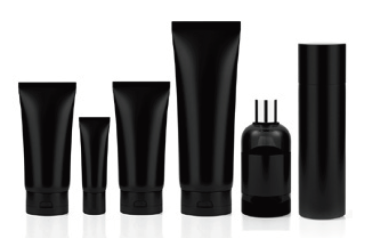Personal pollutants

Could perfumes, shampoos, deodorants and household cleaners pollute as much as an SUV?
They already do, according to a recent study that found that consumer products emit two to three times as many volatile organic chemicals as previously estimated. These airborne particulates can produce ozone and pose health hazards, including lung damage.
At the same time, the study found, federal regulations have reduced auto emissions in recent decades, cutting their overall share of pollution.
“The stuff we use in our everyday lives can impact air pollution,” lead author Brian McDonald says. What’s more, he added, chemical concentrations can be up to 10 times higher indoors than outdoors, meaning your bathroom medicine cabinet might just be the most hazardous spot in your home.
Animation by Carla Shaffer/AAAS
Principal investigator
Brian McDonald
Funding
National Oceanic and Atmospheric Administration (NOAA); Cooperative Institute for Research in Environmental Sciences (CIRES); Aerodyne Research Inc.; National Science Foundation (NSF); Sloan Foundation
Collaboration + support
CIRES; NOAA’s Chemical Sciences Division

